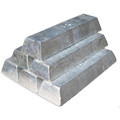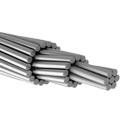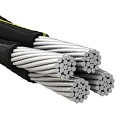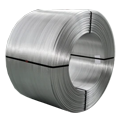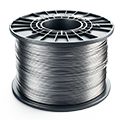
Building Better Overhead Lines: Comparing AAAC, AAC and ACSR
Introduction Overhead power lines form the essential infrastructure that facilitates the distribution of electrical energy from power generation facilities to end-users, including residential homes, commercial establishments, and industrial complexes. The reliability, efficiency, and longevity of these power lines are critically dependent on the conductors that carry the electrical current. Selecting ... Read More


